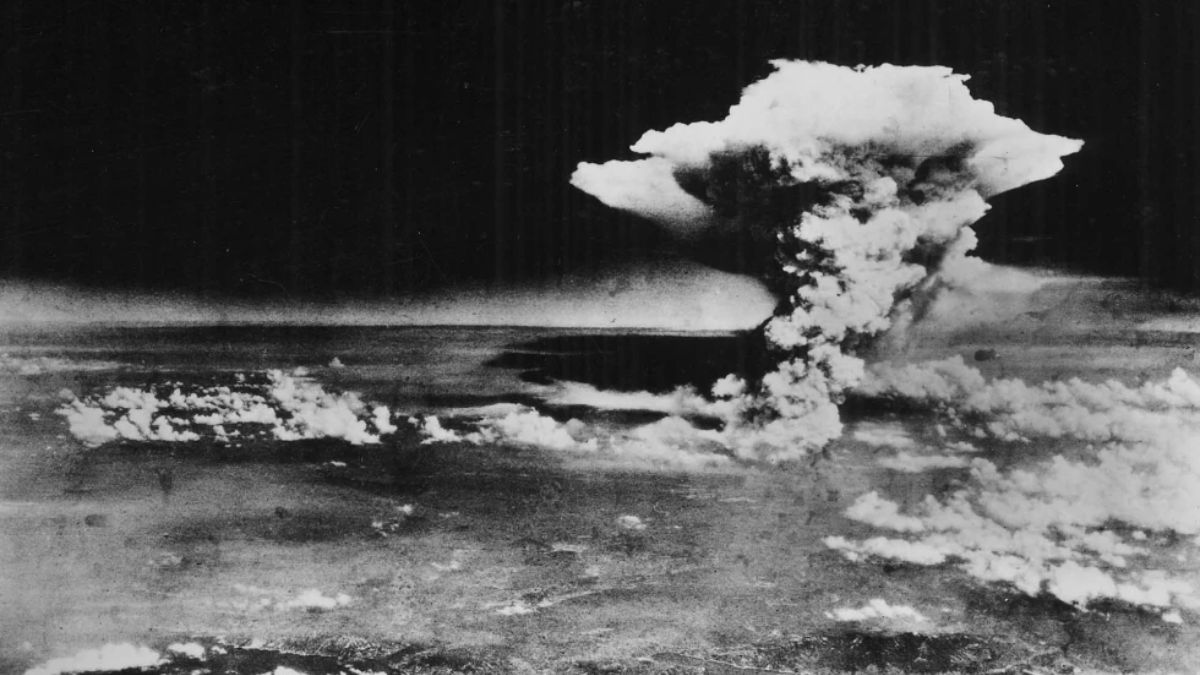The world woke up to the horrible news of the United States dropping the first atomic bomb on Japan’s Hiroshima on August 6, 1945. This marked a turning point in modern warfare and human history.
If you are a history geek who loves to learn about important events from the past, Firstpost Explainers’ ongoing series, History Today , will be your one-stop destination to explore key events.
On this day in 1978, India’s first test-tube baby was born in Kolkata. Kanupriya Agarwal, fondly known as ‘Durga’, was born just 67 days after the world’s first IVF baby.
Here is all that happened on this day.
Hiroshima was bombed
One of the most horrific events in the history of the world took place on August 6, 1945, when United States dropped the world’s first atomic bomb on the Japanese city of Hiroshima . At 8:15 am, the bomb was dropped from the B-29 bomber Enola Gay.
The bomb, which detonated approximately 600 metres above the city centre, released an immense burst of heat and radiation. An estimated 70,000 people lost their lives from the heat while tens of thousands more died in the following days and months from injuries, burns, and radiation sickness. The city was levelled with about 90 per cent buildings destroyed.
The bombing was intended to force Japan’s surrender in World War II without the need for a ground invasion. At the time, the US argued that it would ultimately save lives by shortening the war. However, the morality and necessity of the decision remain heavily debated. Three days later, a second atomic bomb was dropped on Nagasaki, and Japan surrendered on August 15, 1945.
The Hiroshima bombing ushered in the nuclear age, demonstrating the terrifying power of atomic weapons. It also sparked an international movement for disarmament and peace, as the world confronted the devastating human cost of nuclear war.
Birth of India’s first test tube baby
India achieved a milestone in medical history on this day in 1978 with the birth of the country’s first test tube baby Kanupriya Agarwal. Born in Kolkata, her birth occurred just 67 days after the world’s first IVF baby was born in the UK . This made India second country in the world to successfully use in-vitro fertilisation (IVF).
The pioneering effort was led by Dr Subhas Mukherjee, a brilliant but underrecognised physician and scientist from West Bengal. Using limited resources, Mukherjee developed India’s first IVF protocol at a time when the country lacked modern laboratory infrastructure. The fertilisation was done outside the body, and the embryo was implanted in the mother’s uterus, leading to Durga’s birth.
However, instead of being celebrated, Mukherjee faced skepticism, bureaucratic apathy, and professional isolation. The Indian scientific community failed to verify or support his work, and he was barred from traveling abroad to present his findings. Disheartened and disgraced, Mukherjee died by suicide in 1981, with his groundbreaking work unacknowledged.
It was years after his death, his work was finally validated. In 2002, a high-level committee officially confirmed that Mukherjee had indeed created the world’s second test-tube baby.
This Day, That Year
Nasa’s robotic vehicle Curiosity landed on Mars on this day in 2012.
In 1962, Jamaica became an independent country within the Commonwealth of Nations.Convicted murderer William Kemmler became the first person to be executed by electric chair in 1890.
With inputs from agencies
)